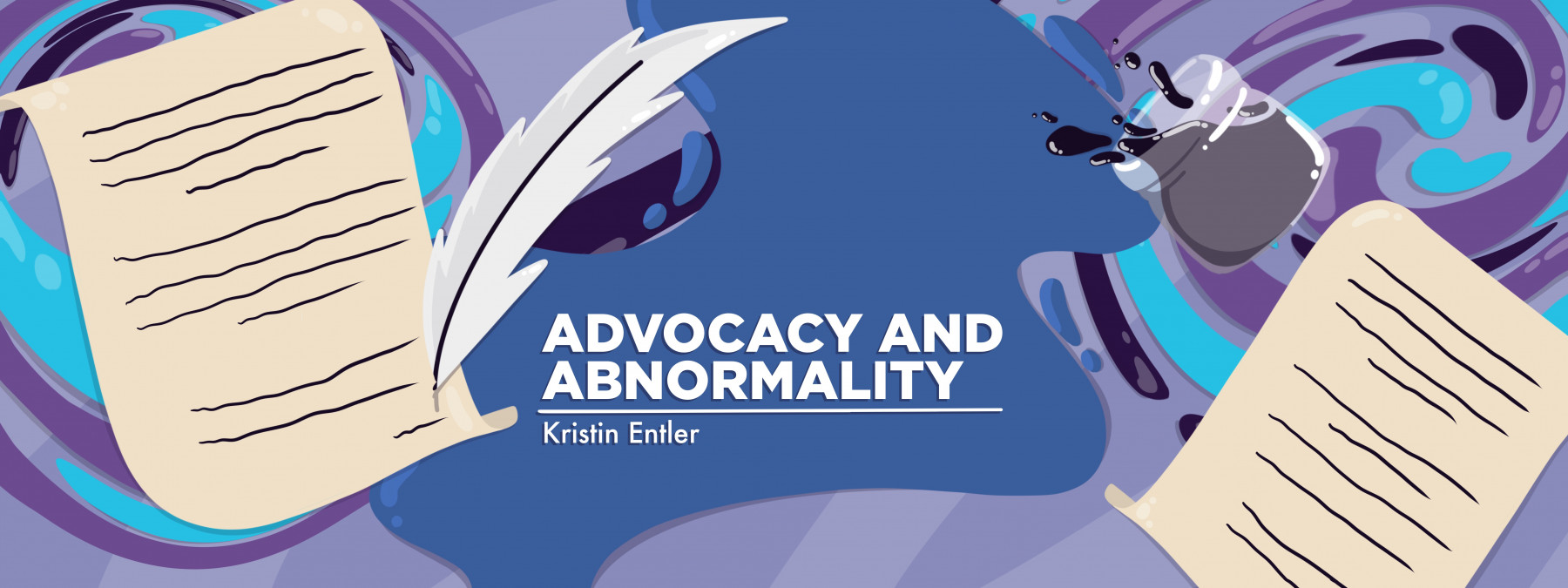Why talking about our identities, including our diseases, matters
Don't 'other' us because we're living with cystic fibrosis, or for any reason
Written by |

In fourth grade science, we were learning about the research process, starting with the brainstorming stage. My class was assigned to pick a topic from our textbook and report on it, complete with a short oral presentation. I pitched a project on cystic fibrosis (CF).
An often-outspoken classmate piped up, “That’s cheating!” His argument was that, as a CF patient, I already knew “everything” about the disease, so my taking on that topic wasn’t fair. But he also said something that’s been bouncing around in my head ever since: that I always make everything about my disease.
Maybe if this were a one-off sentiment, it wouldn’t replay in my memories whenever shame starts to bubble up in my stomach. Or in moments when I feel the need to speak up and advocate for myself in social settings — for my peers to wear a mask to protect me from potential asymptomatic spread of COVID-19, for example.
But looking back on that moment, I now realize that my classmate was a mouthpiece for the same societal accusation I’ve been fending off my entire life. Kids have a perceptive ability to say the quiet part out loud, and I now see that this kid was parroting the same -isms we see aimed at all the identities under attack today by lawmakers and others in the United States.
Admittedly, my classmate was a little bit right that picking to write about cystic fibrosis was cheating. While I watched my peers struggle to piece together the logic of genetic Punnett squares, I excelled at them. For the first time in my little life, there was an explanation for the question I’d always asked about myself: Why am I like this?
I’d been taught by my doctors and parents that I had a genetic, recessive disease. But my work with Punnett squares, where I drew elementary-level 4×4 grids to show the chance any individual child would have blue eyes, for instance, showed me for the first time how random chance helped create the mutations that have made me different from my abled-bodied peers.
But that kid in my class was also wrong for saying what he did. It’s not like I was the only one picking a topic based on my experience. My best friend that month, obsessed with dolphins, was writing a report about whales from the chapter on ocean life. The boy I had a crush on was brainstorming about the skeletal system because he played sports, which caused a lot of broken bones.
Today, as someone who writes regularly about life with CF, I suppose I could still be accused of making everything about my disease. But what that accusation ignores is that everything in my life is infused with my disease, whether I want it to be or not. I don’t choose to get short of breath when I walk to campus, after all. I didn’t choose a diabetes diagnosis at 12 years old, or years of prednisone treatments that have had lasting effects both inside my body and out.
It should go without saying, of course, that all lives are worthy of advocacy and protection. Black lives matter. Trans rights are human rights. My disabled body is worth protecting.
But as long as people think we choose to live in bodies that society deems unworthy, or that anyone would choose to be capital-O-Othered in a way that inspires people to make laws and rules that put us in real life-or-death danger, we’ll have no choice but to tell our truth until enough people recognize that our existences are perhaps common enough to be considered a type of normal.
Note: Cystic Fibrosis News Today is strictly a news and information website about the disease. It does not provide medical advice, diagnosis, or treatment. This content is not intended to be a substitute for professional medical advice, diagnosis, or treatment. Always seek the advice of your physician or other qualified health provider with any questions you may have regarding a medical condition. Never disregard professional medical advice or delay in seeking it because of something you have read on this website. The opinions expressed in this column are not those of Cystic Fibrosis News Today or its parent company, Bionews, and are intended to spark discussion about issues pertaining to cystic fibrosis.








Leave a comment
Fill in the required fields to post. Your email address will not be published.